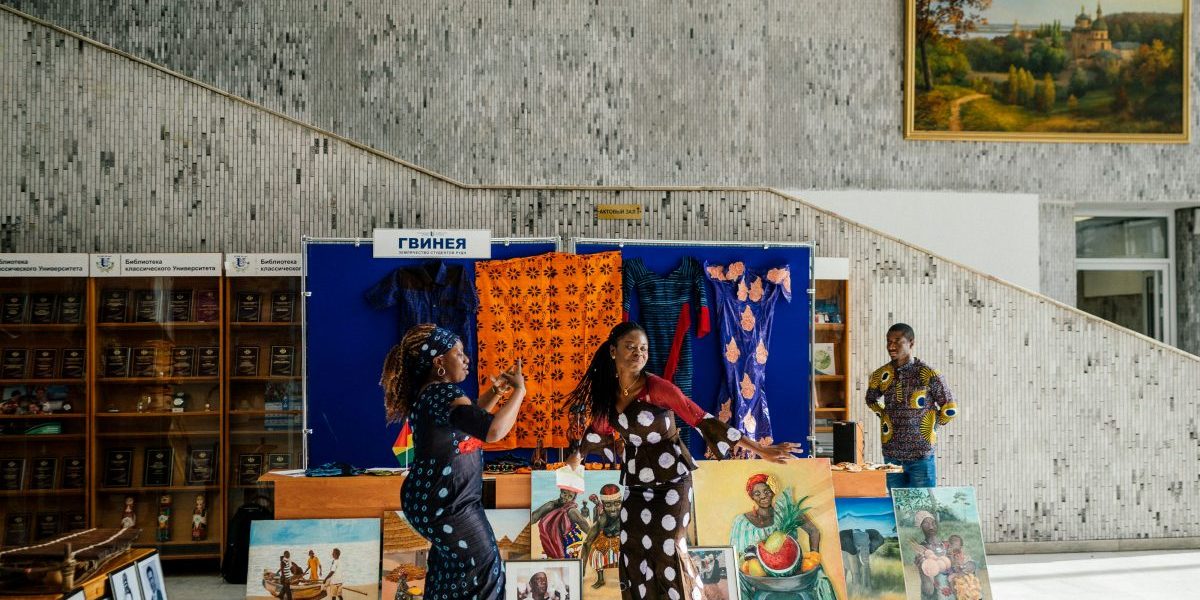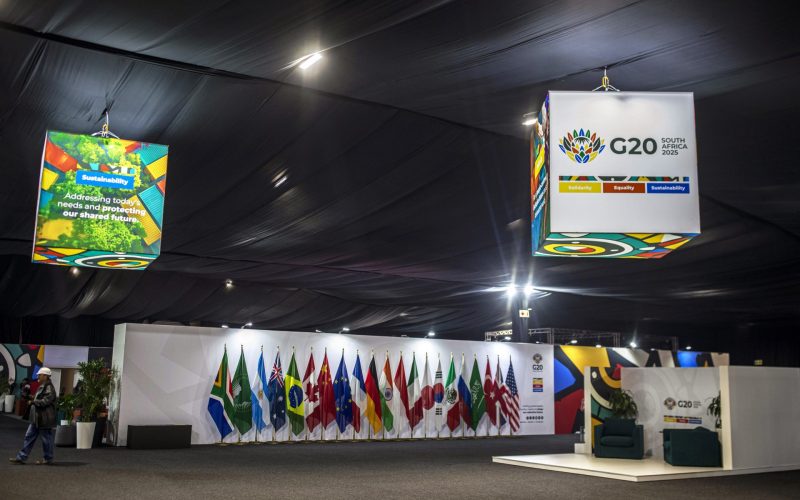Summary:
- Russia’s common cultural sources of soft power in the West (literature, classical music, ballet) do not seem particularly influential in Africa, possibly owing to the diversity of cultures and languages, as well as geographical distance. Russia also has invested less substantially in cultural centres compared to China.
- Russia’s political values, however – multilateralism, anti-imperialism and non-interference – are particularly well received by policymakers in the Global South and relate to the country’s past and current anti-Western stance.
- Russia’s most powerful soft-power asset therefore lies in its image as an independent, pragmatic and assertive actor. Its allure in Africa is based on its image as a global player that can stand up to the West, insists on local values against foreign interference, and is ‘open for business’ with all countries, regardless of the government in power and the level of democracy.
- While Russia does have some potentially strong sources of soft power in Africa, it needs resources and investments to capitalise on them fully.








